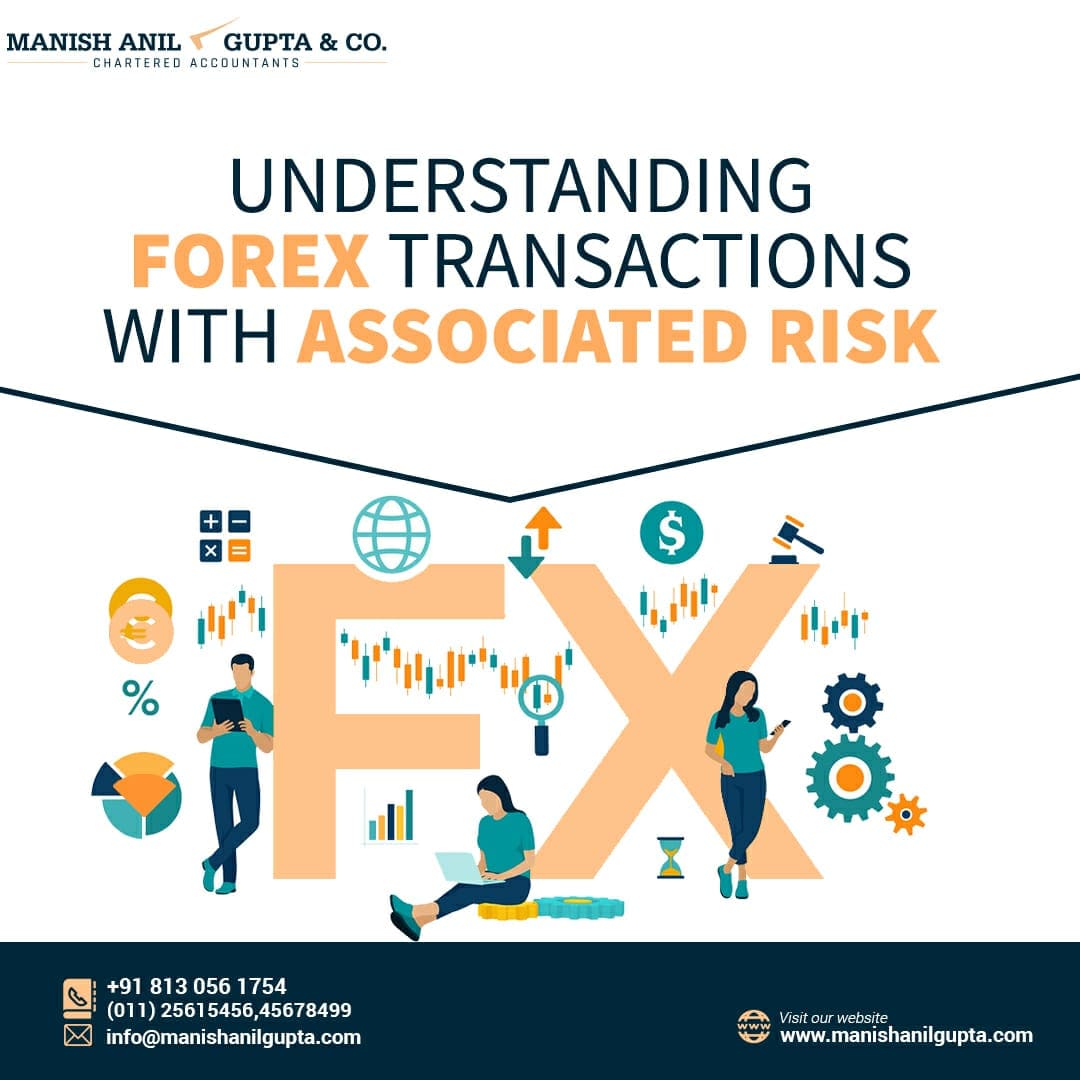
The Ultimate Guide to Transfer Pricing Methods for Business Success
Unlock the secrets of transfer pricing and navigate global taxation with confidence. . . .Jun 27, 2023
Read More
Contact us
Blogs

In today’s business environment, the world demands quality professional services that are provided in a timely and cost-effective manner. We, at Manish Anil Gupta & Co, believe in putting our client’s needs squarely in front at all times.
"Need to know more about our services or what we do? Drop us your contact details and one of our professionals will call you to answer your query!"
0 Comment